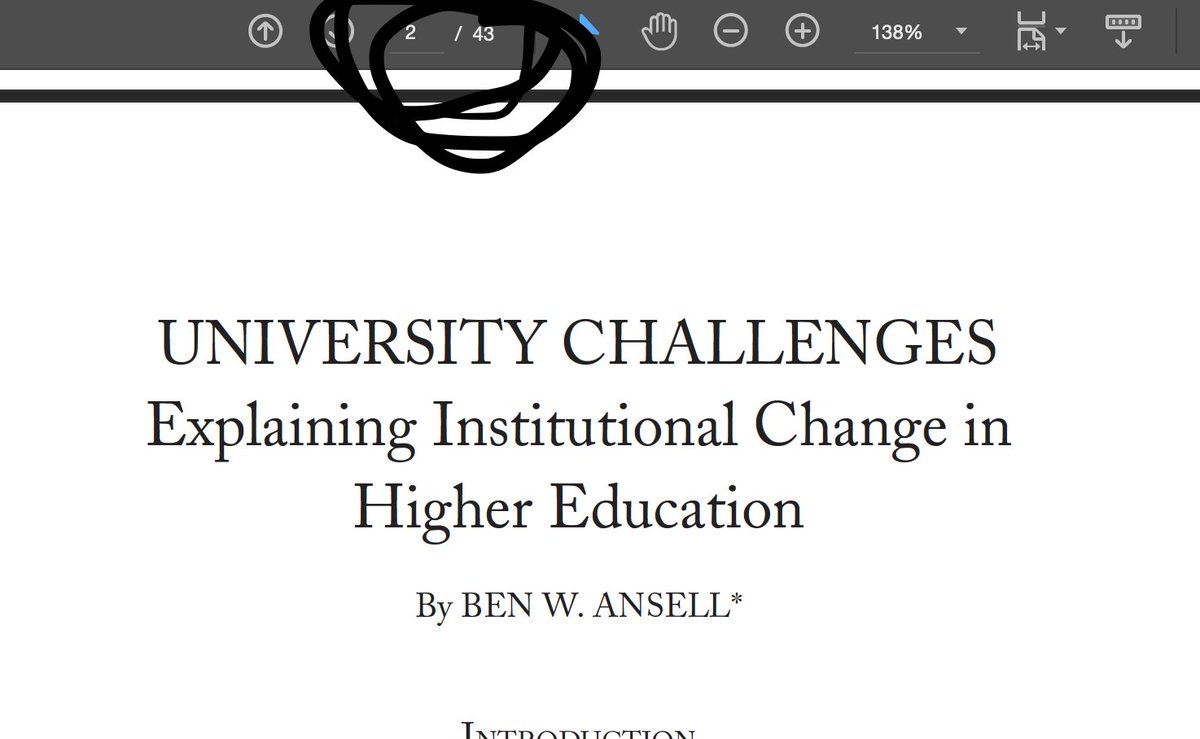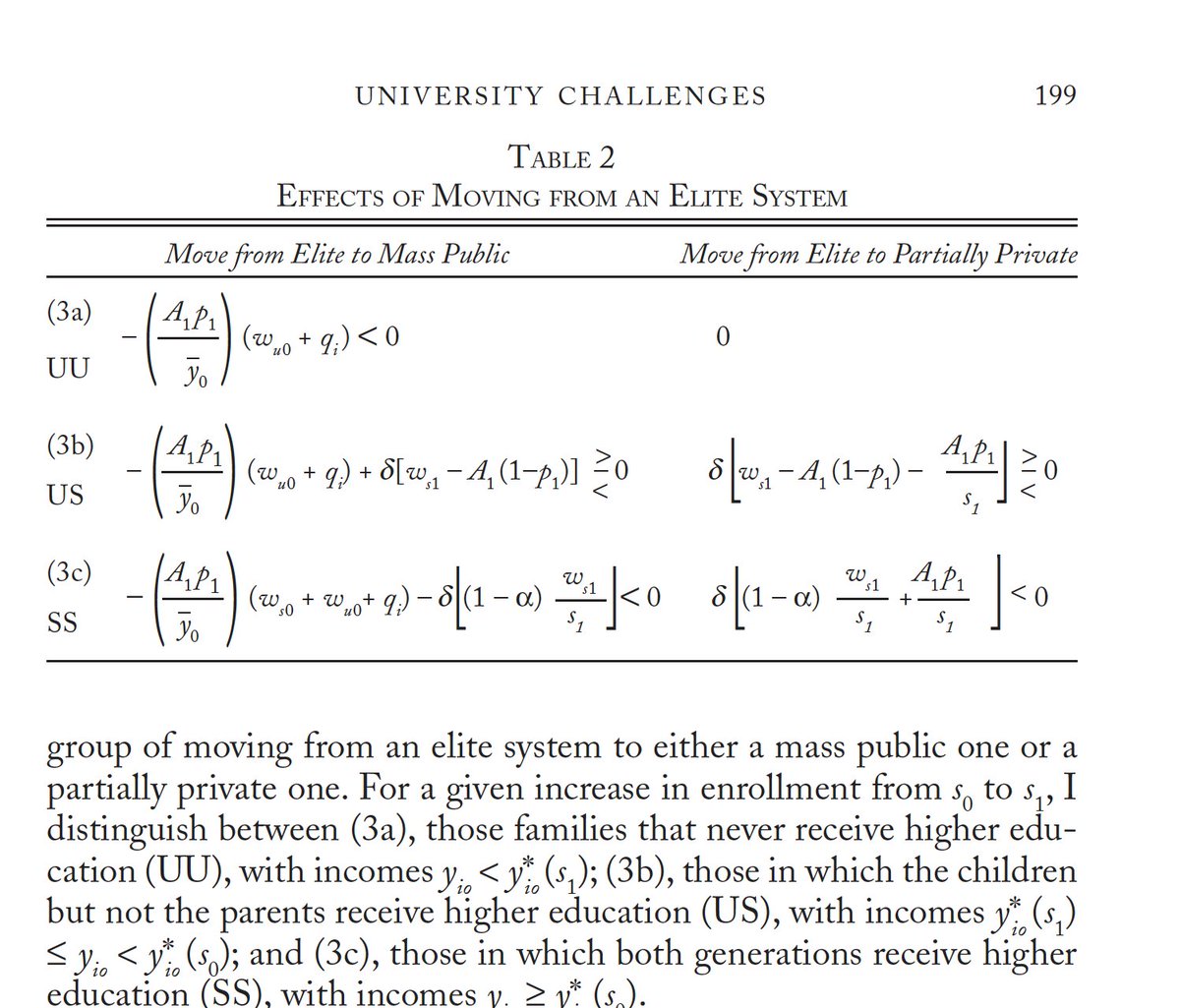
What does the new 🚦 #Koalitionsvertrag promise in terms of #education (policy)? (from early childhood to adults)?
Quite a few remarkable things (although most of them formulated quite "fluffily" so I'm curious to see what the actual laws will look like).
(Thread)
Quite a few remarkable things (although most of them formulated quite "fluffily" so I'm curious to see what the actual laws will look like).
(Thread)
1st, recall that actually the federal gov is constitutionally NOT supposed to engage in education policy. The subnational Länder are responsible. Over the last years, however, there has already been a federalization/nationalization trend. The Ampel clearly wants to continue
(2/n)
(2/n)
Let's start with higherEd, research & development:
🚦 Promises:
1) increase public R&D spending to 3.5% of GDP (currently: 3.17). That's an ambitious target. From internat. perspective this would push Germany towards higher spenders.
(3/n)
🚦 Promises:
1) increase public R&D spending to 3.5% of GDP (currently: 3.17). That's an ambitious target. From internat. perspective this would push Germany towards higher spenders.
(3/n)
2) more coop. between federal & subnational gov in higherEd funding. Promise stays quite vague. Mentioned is ExcellenceIntitiative funding which shall continue + student aid (see below). They are offering to change the constitution if Länder want #anOfferYouCannotDecline
(4/n)
(4/n)
3) want to reform the Wissenschaftszeitvertragsgesetz (#ichbinhanna) to offer better long-term career options; yet, remains substantively entirely vague what they have in mind (besides putting a bit more emphasis on tenure-track programs).
(5/n)
(5/n)
4) major change re:financial student aid #BAföG (a) shall become less dependent on parental background (unclear whether paid to every student though), (b) switching back to a grant-system (rather than loan) & (c) increasing amounts. This = initial generous BAföG from 1970s!
(6/n)
(6/n)
5) constitutionally guarantee children’s rights. Sounds super fluffy but might result in major change, depending on how (constitutional) courts interpret the policy.
@tomchevalier6
(7/n)
@tomchevalier6
(7/n)
6) want to increase education spending „considerably“ („deutlich“). Unclear how. This is LÄnder-area. Could go through ExcellenceInitiative, student aid, third party funding (DFG), & R&D spending, though.
(8/n)
(8/n)
7) early childcare: more focus on quality (I read: "rather than quantitative expansion") & VOLUNTARY whole-day offers) -> both indicates a likely middle-class bias, „stratified social investment“ as @SiljaHausermann & @BPalier & I call it -> rather Grüne & FDP signature
(9/n)
(9/n)
8) schools: more systematic funding for ca. 8000 disadvantaged schools -> sounds great, but given that we have around 32k schools in GER, that’s about 20% -> unclear how much additional support („targeted social investment“) -> could be v helpful-> rather SPD signature
(10/n)
(10/n)
9) parental leave becomes more generous:
- extending dual-career parental leave (+1month)
- 2 week paid-leave for partners after birth
- more paid leave after (some) miscarriages
- facilitating application
- strengthened rights for same-sex couples with children
(11/n)
- extending dual-career parental leave (+1month)
- 2 week paid-leave for partners after birth
- more paid leave after (some) miscarriages
- facilitating application
- strengthened rights for same-sex couples with children
(11/n)
Overall: many vague statements on education policy; but if they followed up, could result in substantial social investment agenda, pushing GER towards' knowledge economy. Interesting constitutional territorial politics debates will come up. Curious what&how they do in practice!
What do you think? @SGarritzmann @mariusbusemeyer @JensJungblut @cha_berstroh @ECPRKnowledge @LukasGrafEdu @katharina_hecht @APSAEdPolitics
• • •
Missing some Tweet in this thread? You can try to
force a refresh






